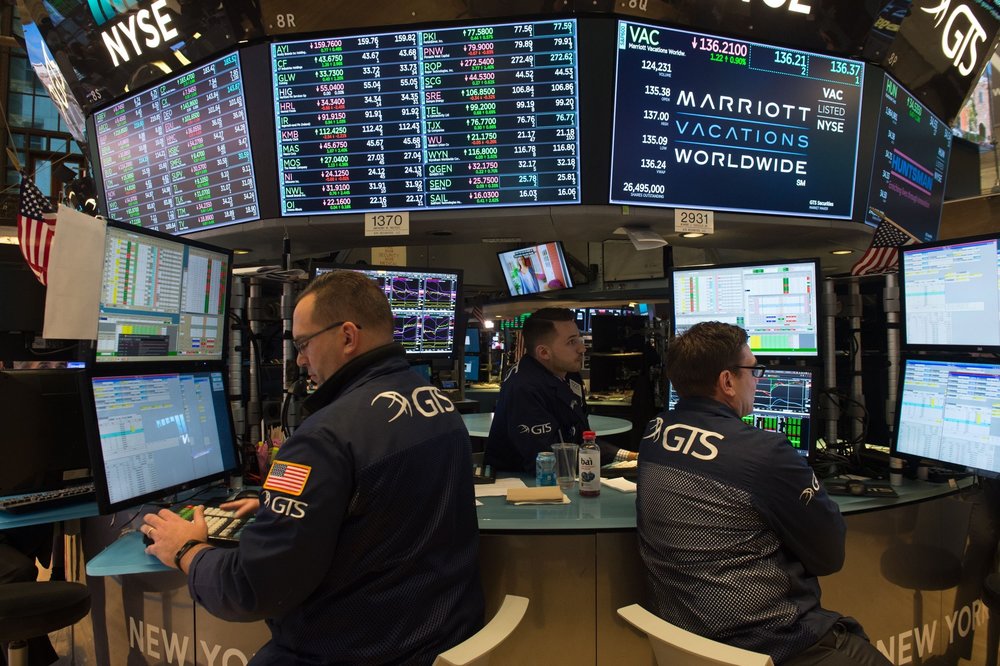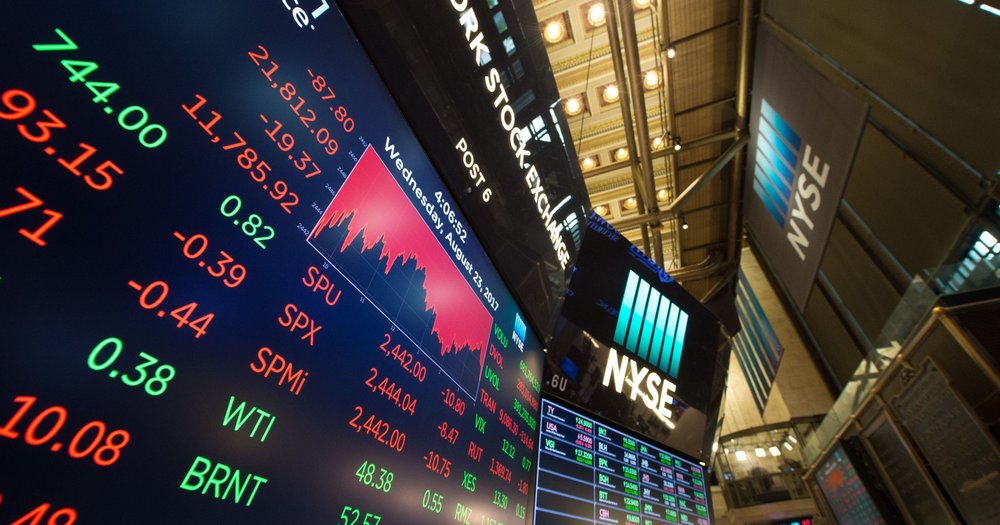Corporate earnings are rising but, according to Goldman Sachs, the booming U.S. economy will have very little benefit for stock market returns, due to a number of policy hurdles including Federal Reserve’s soaring interest rates. Strategists at Goldman Sachs are already predicting higher S&P profits in the 2020’s but the improved market climate isn’t expected to strengthen stock prices.
A lean Decade Ahead

According to Goldman Sachs’ prediction, S&P profits will increase in 2020’s but the improved market climate isn’t expected to strengthen stock prices
Many experts believe that the growing U.S. economy and rising corporate earnings should have a positive impact on stock price, but Goldman Sachs’ equity strategist, David J. Kostin isn’t very optimistic. He says that equity returns are likely to remain stagnant throughout next year and investors should prepare themselves for a lean decade ahead.
Kostin explains that the market’s appreciation potential will be affected by a number of obstacles including escalating trade tensions between the U.S. and foreign countries, strict monetary policy, upcoming mid-term elections and a stagnating yield curve.
According to Goldman’s estimation, this year’s stock market earnings are likely to close at $159 per share, a big leap from the bank’s original prediction of $150, and almost 19 per cent higher than the earnings last year. FactSet consensus, which foresaw fast economic growth in U.S., also predicted a 19.8 per cent increase in full-year earnings for 2018.
There’s no doubt that the U.S. and broader global economy is booming. The energy prices are rising and last year’s tax cuts have gives a boost to corporate profits. 2018 saw a significant rise in profits and the trend is expected to continue next year as well, according to Goldman’s prediction. The bank had earlier predicted 2019’s stock market earnings to close at $158 but it later raised its forecast to $170. It also increased year 2020’s forecast to $178 from $163, indicating a 7 per cent increase in 2019 and 5 per cent in the year after.
Soaring Interest Rates
But increasing profits will not necessarily result in rising multiples, according to Kostin. Wall Street recently celebrated the 9th year of bull market, which has been driven by rising multiples. The bank’s forecast claims that the price-to-earnings ratio, which is the real indicator of stock returns for investors, is also expected to remain steady at about 17 times.
One of the biggest obstacles in the way of higher stock market returns are the continuously increasing interest rates from the Federal Reserve. Rising interest rates is one of the things Wall Street fears the most. After the Great Recession of 2008, Federal Reserve made money really ‘cheap’ by lowering interest rates to zero per cent as a way to fuel the stock market and revive the distressed economy. At the time, investors mostly bought equities as it was the only way to make good returns.

Since 2008, the Fed has hiked up the interest rate six times and chairman, Jerome Powell, has indicated that four more hikes are on the way
Since 2008, the Fed has hiked up the interest rate six times, and the central banking system’s new chairman, Jerome Powell, has indicated that four more hikes are expected to occur before the end of 2018, more than what the Fed has predicted last year. But why do investors care about the interest rates? A frequent hike in rates comes at the price of lower market returns since increase in interests makes it more expensive to borrow money and tightens credit flow to companies.
Other Policy Obstacles
When it comes to interest rate, slow and steady increase is the preferred pace so that it is in line with the growing economy and corporate profits. Rate hikes, when timed properly, can be good for the stock market, but it’s difficult to say how far the Fed is planning to go with the rates, which have already increased by 1.25 per cent over the past two years.
The market also faces a threat from the diminishing corporate tax cut benefits, the ongoing trade tensions in the global market as well as increasing budget deficit which, in Kostin’s words, is a ‘risk for U.S. equity valuations’. The likelihood of these events, when viewed independently, carry limited risk, but their combined effect could be significant for investors’ risk appetite and equity valuations.
The current market outlook is proving to be tough for large-cap core managers, only 36 per cent of whom have managed to beat their benchmarks in 2018. According to Goldman, mutual fund managers have only made a 3.5 per cent gain this year whereas most of the money has been poured into index-following passive funds and ETFs.










